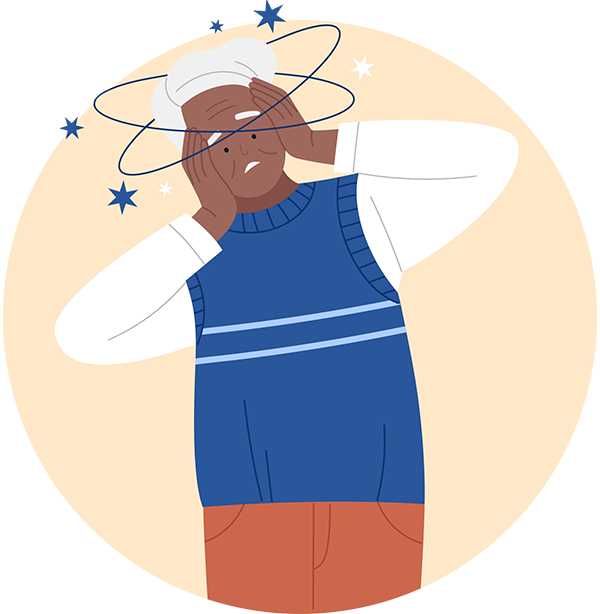Home > News Briefs – OCTOBER 2024
News Briefs – OCTOBER 2024
by INELDA
Rural-Urban Life Expectancy Gap Has Grown
Rural men’s life expectancy is two years shorter than that of their urban counterparts—triple the discrepancy from 20 years ago—shows new research in The Journal of Rural Health. They also enjoy 1.8 fewer years in quality health in their later years than urban men. Meanwhile, rural women also face some disparities compared with urban women, but the gap is far smaller.
Compounding the problem is the level of care available, with rural areas likelier to face shortages of providers. “With an aging population and fewer physicians available, the burden on rural communities is set to grow, leading to significant challenges in providing care for those who will face more health issues in the future,” lead author Dr. Jack Chapel told ScienceDaily.
The study found that health interventions, such as smoking cessation programs, would have a greater impact on rural residents than on urban dwellers. Still, by age 60, men’s opportunities to close the life expectancy gap are limited. Controlling for education levels, long known to be a factor in life expectancy, cut the gap nearly in half but did not explain the entire discrepancy. “To fully bridge the urban-rural gap in older age healthy life expectancy, earlier life health behavior changes and broader social and economic enhancements in rural areas may be needed,” the study authors conclude.

Dignity Therapy Validated by New Review
Dignity therapy, a psychological intervention designed to ease existential suffering and preserve dignity at end of life, has been shown in individualized studies to have beneficial effects. Cureus: Journal of Medical Science, a peer-reviewed open access journal, recently published a review of eight existing randomized controlled trials to systematically examine prior research—and found that many results of individual studies hold true across the board.
Authors Sara H. Haneef and Dr. Marwah Abdullah focused on measures of quality of life, depression, anxiety, and well-being for palliative care patients and family caregivers. Their review showed that dignity therapy is a “promising intervention” that led to significant improvements in quality of life and well-being among patients, as well as lowered levels of depression and anxiety. The treatment also led to improvements among family caregivers in spiritual well-being, hope, family cohesion, and adaptability.
The therapy is not a cure-all, though: No significant differences in overall psychological distress or spiritual well-being were detected by the studies included in the review. Still, authors conclude that dignity therapy is effective in palliative care and recommend individualized interventions, integration with other forms of care, strategic timing, and other approaches to maximize the treatment’s benefits.
Dizziness Increases Chances of Falling in Older Adults
A meta-analysis of 29 studies has concluded that dizziness is an important predictor of falls in adults age 65 and older. The research, published in the journal Age and Ageing, covered studies that total 103,000 participants and demonstrated that older adults who have dizziness are more than 60% likelier to fall in the future than adults without dizzy spells. Dizziness was also a predictor of repeated falls.
Falls are the most common cause of injury-related deaths in people over 65, and one in four adults over age 65 fall each year. The findings of the meta-analysis imply that dizziness, while common in older adults (more than half of people over age 65 report dizziness) should not be ignored. “Older adults with even nonbothersome dizzy spells should make an appointment with their GP, to enable early diagnosis and treatment to prevent falling,” lead study author Dr. Toby Ellmers told Imperial. The study’s conclusion urges clinicians working in fall prevention to ask patients about dizziness.


